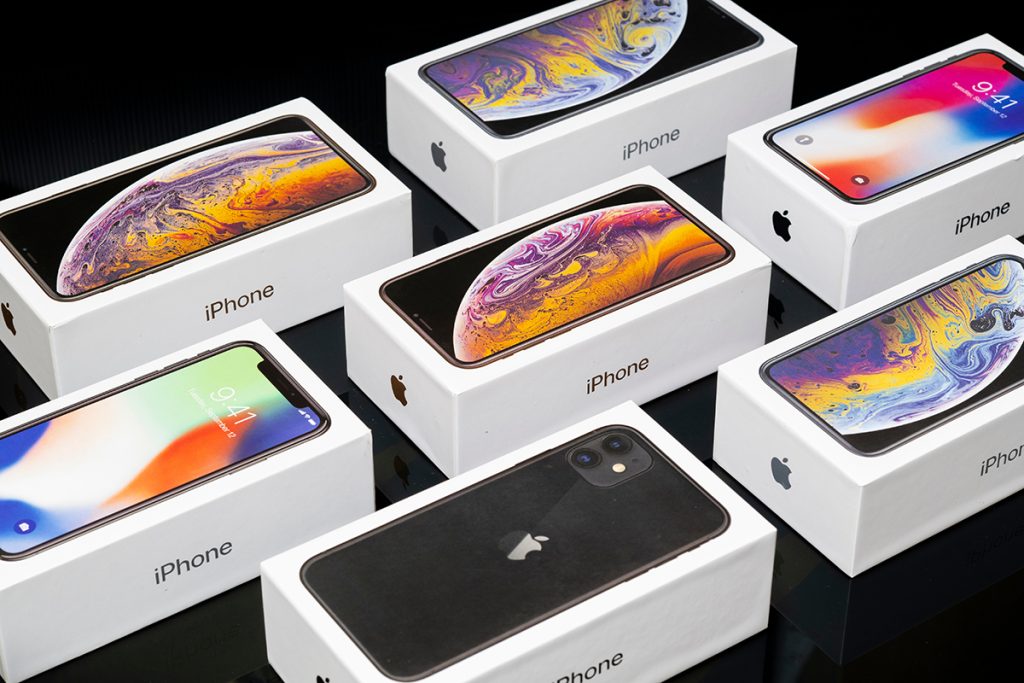Apple is set to introduce its latest iPhone model today, unveiling the highly anticipated iPhone 16 during the company’s annual hardware event. With few significant changes to its exterior, Apple is betting on powerful internal upgrades to capture the attention of consumers. Central to the announcement is the integration of generative artificial intelligence (AI), a first for iPhones, which is expected to enhance the user experience in a number of ways.
The event, teased with the mysterious tagline “it’s glow time,” has kept many guessing about what Apple has in store, but all eyes are on the iPhone 16 and its new capabilities. The company is under pressure not only to excite customers but also to prove to investors that it remains a leader in the tech industry’s AI race.
A Focus on Generative AI
The iPhone 16 is expected to be the first iPhone specifically designed for generative AI technology, which allows users to create text, images, and even videos directly on the device. Apple aims to showcase how these AI advancements will integrate with everyday use, making tasks like drafting emails, conducting photo searches, and holding conversations with Siri more intuitive and personal than ever before.
The new AI capabilities will allow for features such as natural language processing, offering users summaries of text conversations or incorporating personal information into responses seamlessly. This integration could reshape how users interact with their iPhones, providing new tools and conveniences not available in previous models.
Internal Enhancements to Support AI
To support these advanced AI features, Apple is expected to introduce a new processor chip for the iPhone 16. This chip will handle the increased data processing demands of the AI functions, ensuring smooth performance without compromising the device’s battery life. Alongside these internal changes, the iPhone 16 is expected to receive subtle design tweaks, such as a wider screen or updated edges, aimed at signaling to consumers that this is a clear upgrade from past models.
Additionally, reports indicate that the iPhone 16 will feature a dedicated camera button, giving users more control and making photo capturing more accessible and streamlined.
Pricing: A Major Question
One of the key discussions leading up to the event has been the pricing of the iPhone 16. For the past four years, the starting price for new iPhone models has been $799. Given the added AI capabilities, many analysts predict a modest price increase across the board for the new iPhone lineup. However, any price hike is expected to be limited to avoid deterring potential customers with a significant jump in cost. Apple’s strategy seems to focus on maintaining enthusiasm for the product, without causing “sticker shock.”
The iPhone Upgrade Cycle
Since the release of the iPhone 12 in 2020, which introduced 5G connectivity, there have been few major changes compelling customers to upgrade. Camera improvements have largely plateaued, and advancements in screen resolution have reached a point where the human eye can hardly discern the difference. As a result, iPhone sales have stagnated, with many consumers holding onto their older devices longer than before.
Approximately 300 million iPhones worldwide haven’t been upgraded in over four years, representing a significant potential market for Apple. If the iPhone 16’s AI features can convince a portion of these customers to invest in a new device, Apple could see a major boost in sales. The success of this launch will be critical, especially considering that iPhones account for nearly half of Apple’s total revenue.
Other Announcements: Apple Watch and AirPods
While the iPhone 16 will undoubtedly take center stage, Apple is also expected to introduce updates to its other popular devices, including the Apple Watch and AirPods. The Apple Watch Series 10 is rumored to be thinner than previous models while boasting a larger screen. Apple may also reveal new low-end and mid-tier AirPods, which will include gesture-based controls, allowing users to answer or decline calls with a simple nod or shake of the head.
Additionally, the new Apple Watch software is set to introduce vital sign tracking, which can alert users when they may be getting sick based on health indicators such as body temperature and heart rate.
A Pivotal Moment for Apple
As Apple prepares to unveil the iPhone 16, the stakes couldn’t be higher. With AI at the heart of its new offerings, the company is looking to spark renewed interest in its flagship product and reassure both consumers and investors of its leadership in the tech world. Whether or not the iPhone 16 can deliver on these expectations will be closely watched, as the future of Apple’s growth may well hinge on today’s announcements.


